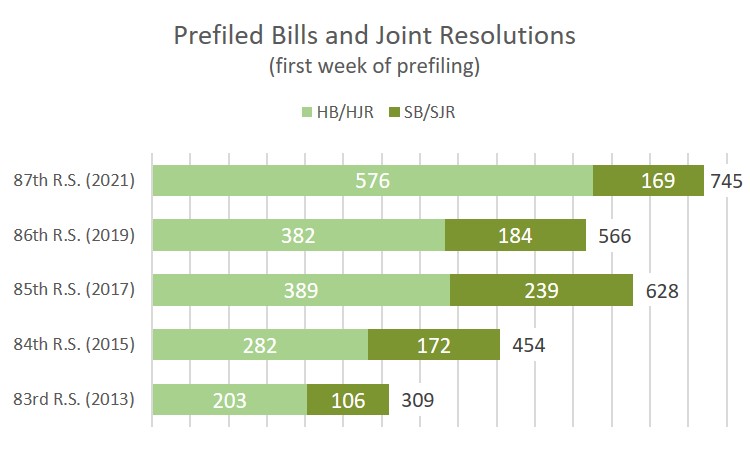Today's Committee Meetings on the LRL website is a calendar of interim committee hearings with links to agendas. Below are resources related to upcoming Interim Hearings.
November 23
House Committee on General Investigating (Dallas)
The committee will meet for consideration of, and possible action on, a complaint received by the committee under House Rule 15 and Housekeeping Resolution Article 9.
Under Article 9.03(j), Housekeeping Resolution, and Committee Rule 12, all committee proceedings on a complaint are completely confidential.
The committee may enter into an executive session to consider any matter authorized to be considered in an executive session under Subchapter B, Chapter 301, Government Code, the Rules of the House of Representatives, the Housekeeping Resolution, and the committee's rules.
Senate Committee on Senate Chamber Review
Topic: Invited testimony on the history and procedure related to the placement of art and other decor in the Texas Senate Chamber
- The Texas Capitol: Symbol of Accomplishment (Art in the Capitol), 5th edition, Texas Legislative Council, 1990
- Capitol Artwork Gallery, State Preservation Board
- Capitol Art, Senate: The Upper House of State Government, Bob Bullock Texas State History Museum
- 13 Texas Administrative Code § 111.17, Capitol Collections Policy, and 13 Texas Administrative Code § 111.18, Capitol Collections Management Manual, State Preservation Board



